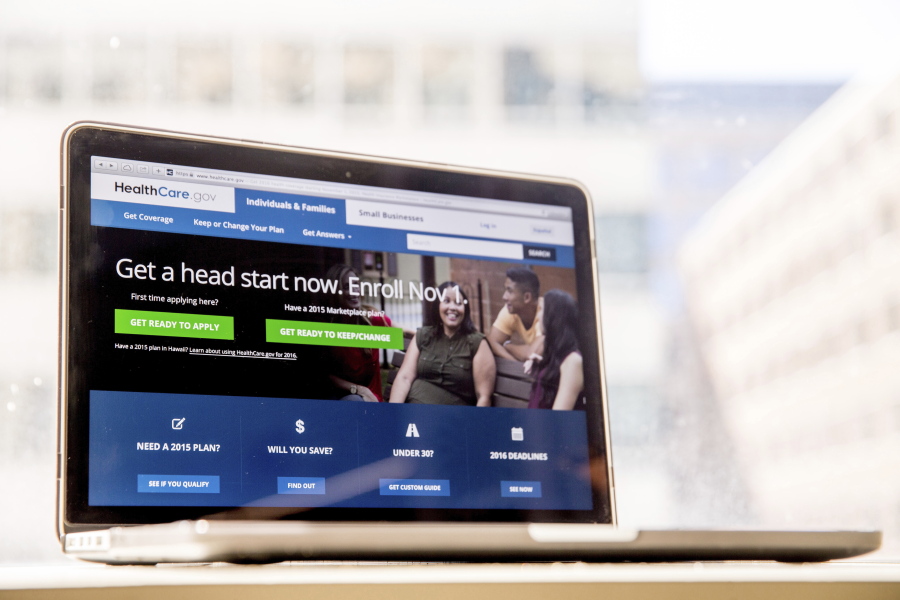WASHINGTON — Taxpayers will fork over nearly $10 billion more next year to cover double-digit premium hikes for subsidized health insurance under President Barack Obama’s law, according to a study being released Thursday.
The analysis from the Center for Health and Economy comes as the Republican-led Congress is preparing to repeal Obamacare and replace it with a GOP alternative whose details have yet to be worked out. With incoming President Donald Trump likely to sign such legislation, historic coverage gains under the 2010 health law are at stake.
The study estimates that the cost of premium subsidies under the Affordable Care Act will increase by $9.8 billion next year, rising from $32.8 billion currently to $42.6 billion.
The average monthly subsidy will increase by $76, or 26 percent, from $291 currently to $367 in 2017.
Currently more than 8 in 10 consumers buying private health insurance through HealthCare.gov and state markets receive tax credits from the government to help pay their premiums. Those subsidies are designed to rise along with premiums, shielding consumers from sudden increases. But the bill gets passed on to taxpayers.



